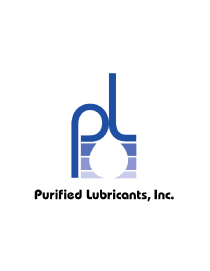After you identify your equipment lubrication requirements and match the types of lubricants for your applications and operating environments, you must choose from the different brands of lubricants or even the different types of lubricants from your supplier. For example, should you buy the best synthetic or semi-synthetic, since you’ve heard that synthetics are better? How do you decide what is best for your business, not necessarily what’s best for your supplier?





